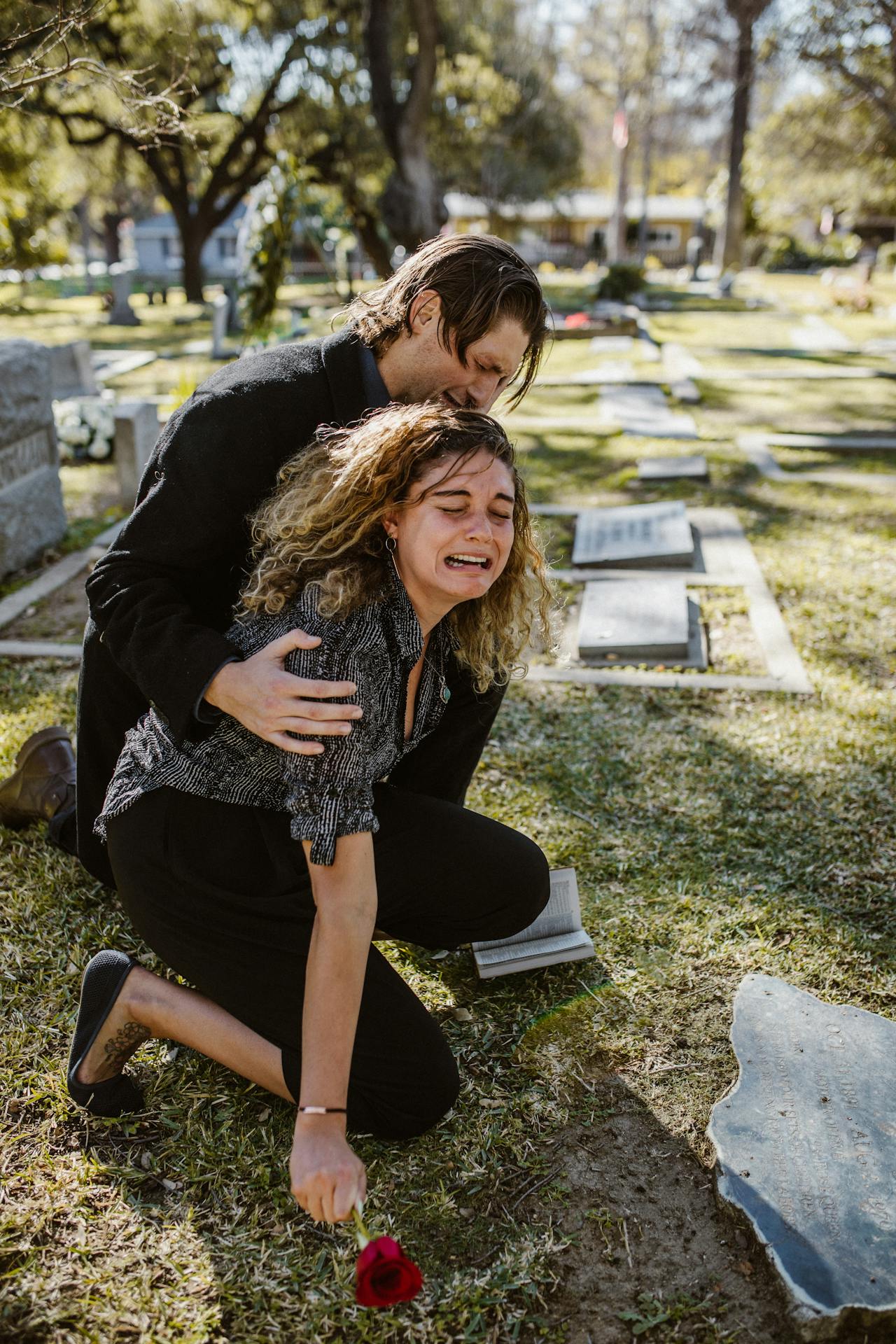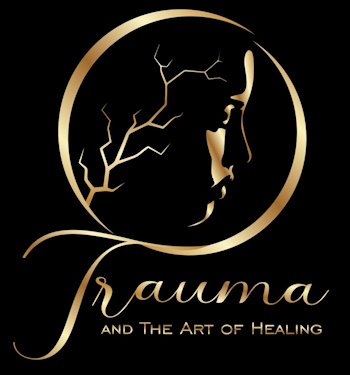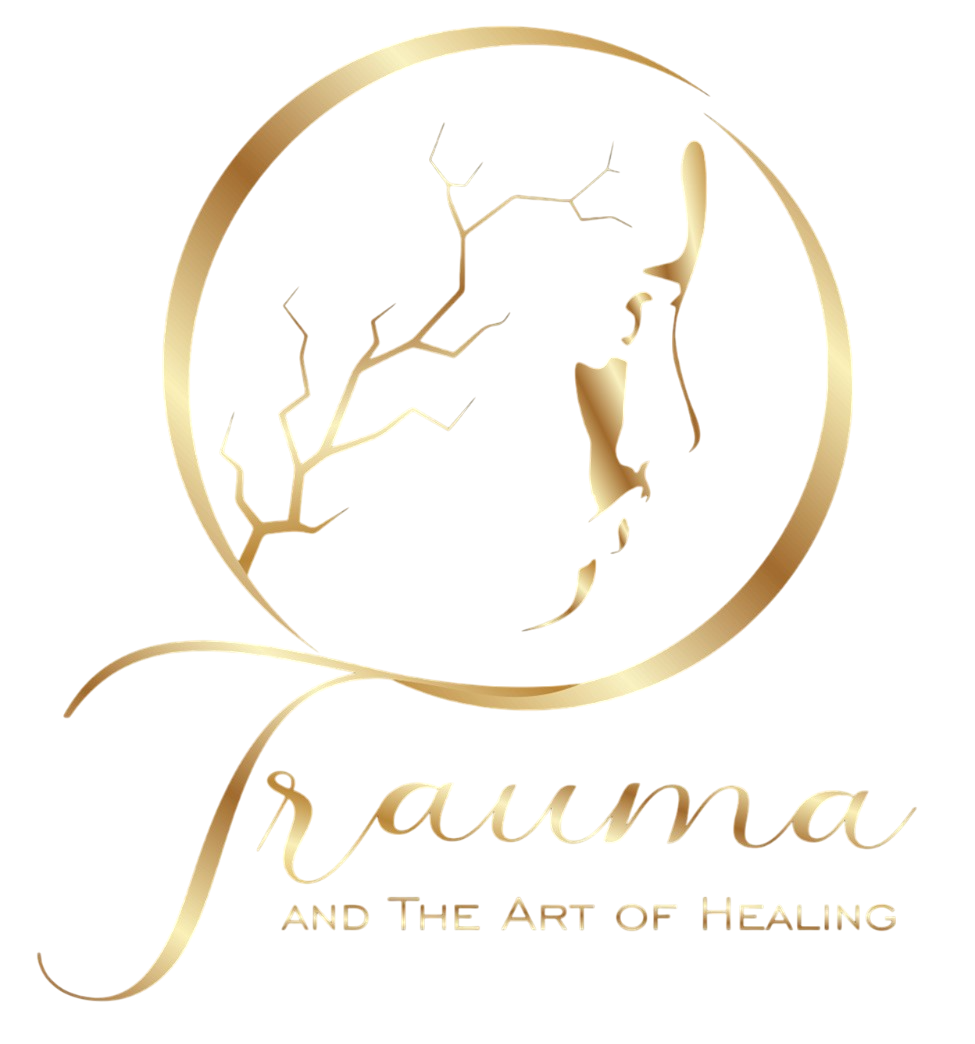Grief & Loss
GRIEF AND LOSS THERAPY
Healing from Heartache and Restoring Hope
Grief and loss can leave lasting emotional and psychological impacts that shape how individuals view themselves, others, and the world. At Trauma and The Art of Healing PLLC, we specialize in providing compassionate, evidence-based support to help you process loss, regain emotional balance, and move forward with hope and resilience.

What is Grief and Loss?
Grief is a natural, complex emotional response to losing someone or something deeply significant. While it is often associated with the death of a loved one, grief can also emerge from many other types of loss—such as the end of a meaningful relationship, loss of a job, a major life transition, or even the loss of one’s sense of identity, purpose, or security. It is a deeply personal experience that affects everyone differently, shaped by factors like personal history, cultural background, coping mechanisms, and the nature of the loss itself.
Loss isn’t always visible or easily understood. It can be tangible, like the loss of a person, home, or job, or intangible, such as the loss of a dream, a future you envisioned, or a sense of normalcy after a major life change. Grief can also arise from “ambiguous loss,” where the loss is not clearly defined—such as when a loved one is physically present but emotionally or mentally absent due to conditions like dementia, addiction, or estrangement.
Grief is not a linear process. It often ebbs and flows, with emotions resurfacing unexpectedly, even long after the loss occurred. People may cycle through feelings of sadness, anger, guilt, denial, and acceptance in no particular order. These emotions can feel overwhelming and confusing, especially when society expects people to “move on” within a certain timeframe. However, grief doesn’t have an expiration date—it’s an ongoing process of adjusting to life without what was lost.
It’s also important to recognize anticipatory grief, which occurs before an expected loss, such as when a loved one is diagnosed with a terminal illness. This type of grief can be just as intense as grief experienced after the loss, as individuals begin mourning the future they know is changing.
While grief is a universal human experience, it can be isolating. Many people feel pressure to hide their emotions or feel misunderstood by those who haven’t experienced a similar loss. This can lead to complicated grief, where the grieving process becomes prolonged, deeply distressing, and interferes with daily life.
At Trauma and The Art of Healing PLLC, we understand that grief is not something to “get over,” but something to move through, honoring both the pain of what was lost and the resilience that allows us to heal. Our goal is to support individuals in navigating their grief, finding meaning in their experiences, and learning to live with loss in a way that fosters growth, hope, and emotional well-being.

What are the signs of Grief and Loss?
Emotional Responses
- Intense sadness, despair, or emotional numbness
- Feelings of guilt, regret, or self-blame
- Anger, irritability, or frustration
- Anxiety, fear, or a sense of emptiness
- Mood swings or emotional overwhelm
Physical Symptons
- Fatigue or chronic exhaustion
- Sleep disturbances (insomnia or oversleeping)
- Changes in appetite or weight fluctuations
- Headaches, stomachaches, or other unexplained aches
- Weakened immune system or increased illness
Cognitive Effects
- Difficulty concentrating or making decisions
- Preoccupation with thoughts of the loss
- Confusion or feeling disoriented
- Questioning the meaning or purpose of life
Behavioral Changes
- Social withdrawal or isolation
- Avoidance of reminders of the loss
- Changes in work or school performance
- Increased use of substances (alcohol, drugs) as a coping mechanism
- Restlessness or inability to focus on daily tasks
Grief in Children and Teens
Young people may express grief differently than adults. Children might not have the language to articulate their feelings, which can show up as:
- Behavioral regressions (bedwetting, clinginess, tantrums)
- Changes in academic performance or school refusal
- Acting out, aggression, or defiance
- Increased fears, phobias, or separation anxiety
- Play that repetitively reenacts themes of loss or trauma
Teens may become withdrawn, irritable, or engage in risky behaviors as they struggle to process complex emotions without fully developed coping skills.
When to Seek Help
You don’t have to wait until grief feels unbearable to seek help. Therapy can be beneficial at any stage of the grieving process. Consider reaching out if:
- Your grief feels overwhelming or never-ending
- You’re struggling to function in daily life (work, school, relationships)
- You feel isolated, disconnected, or misunderstood
- You’re experiencing thoughts of self-harm or hopelessness
- You need support navigating a loss that feels complex or unresolved

